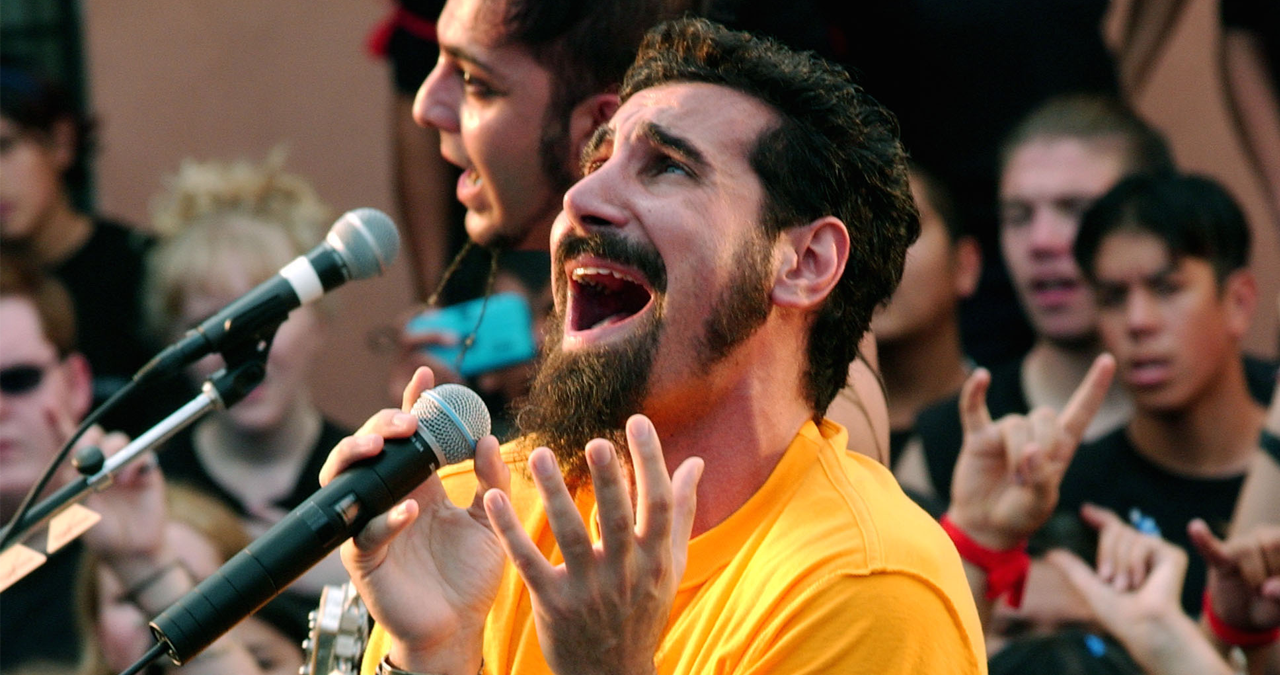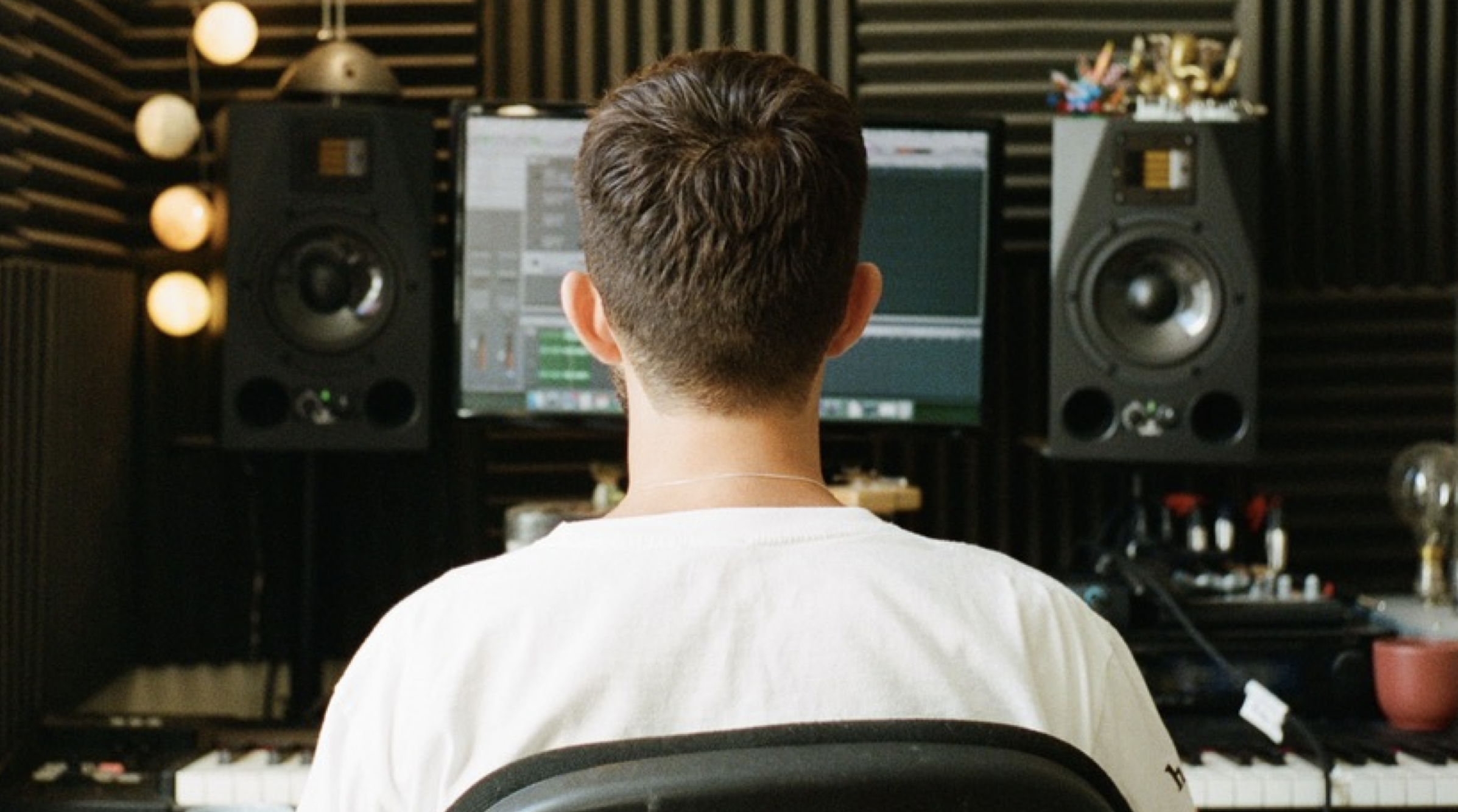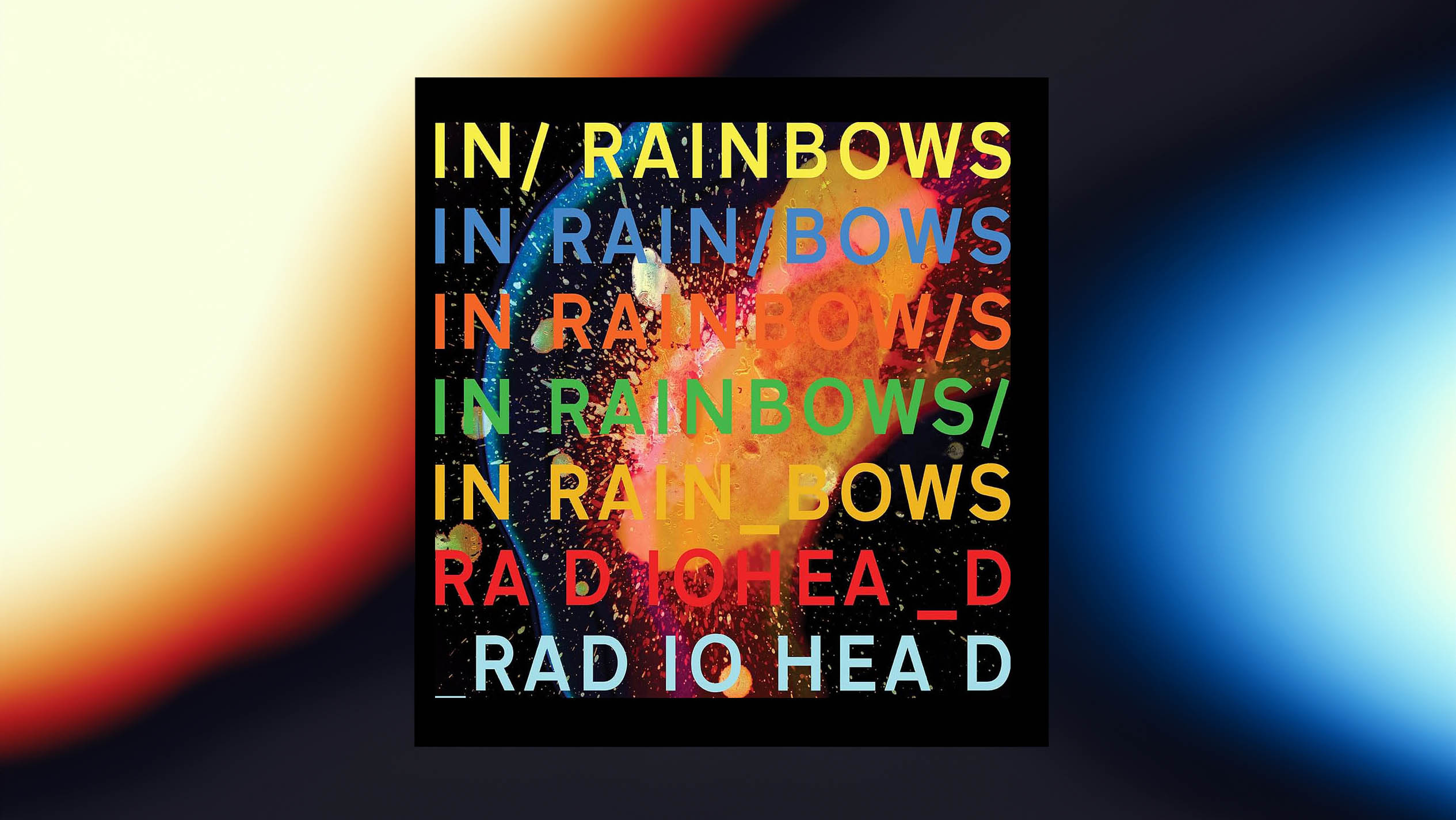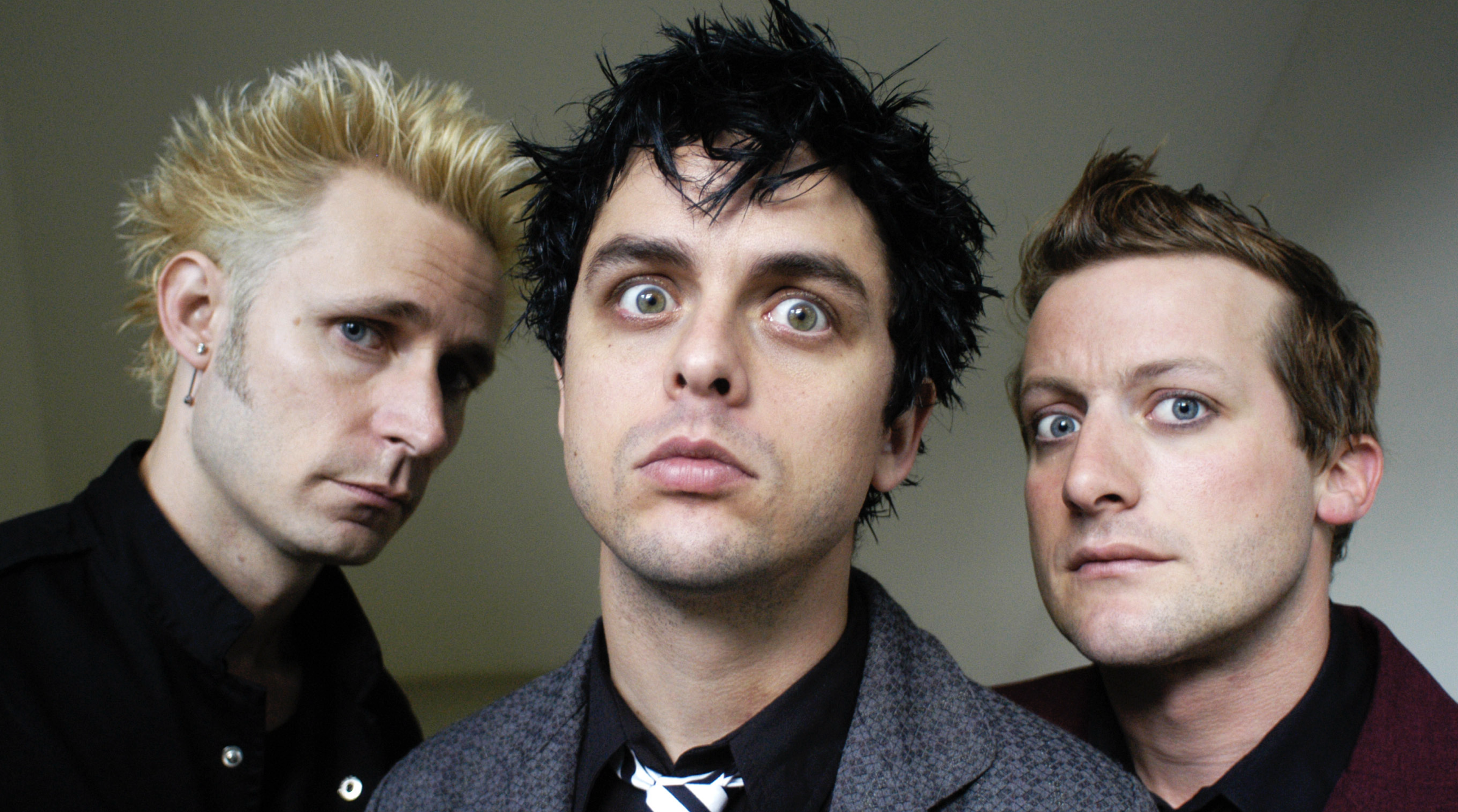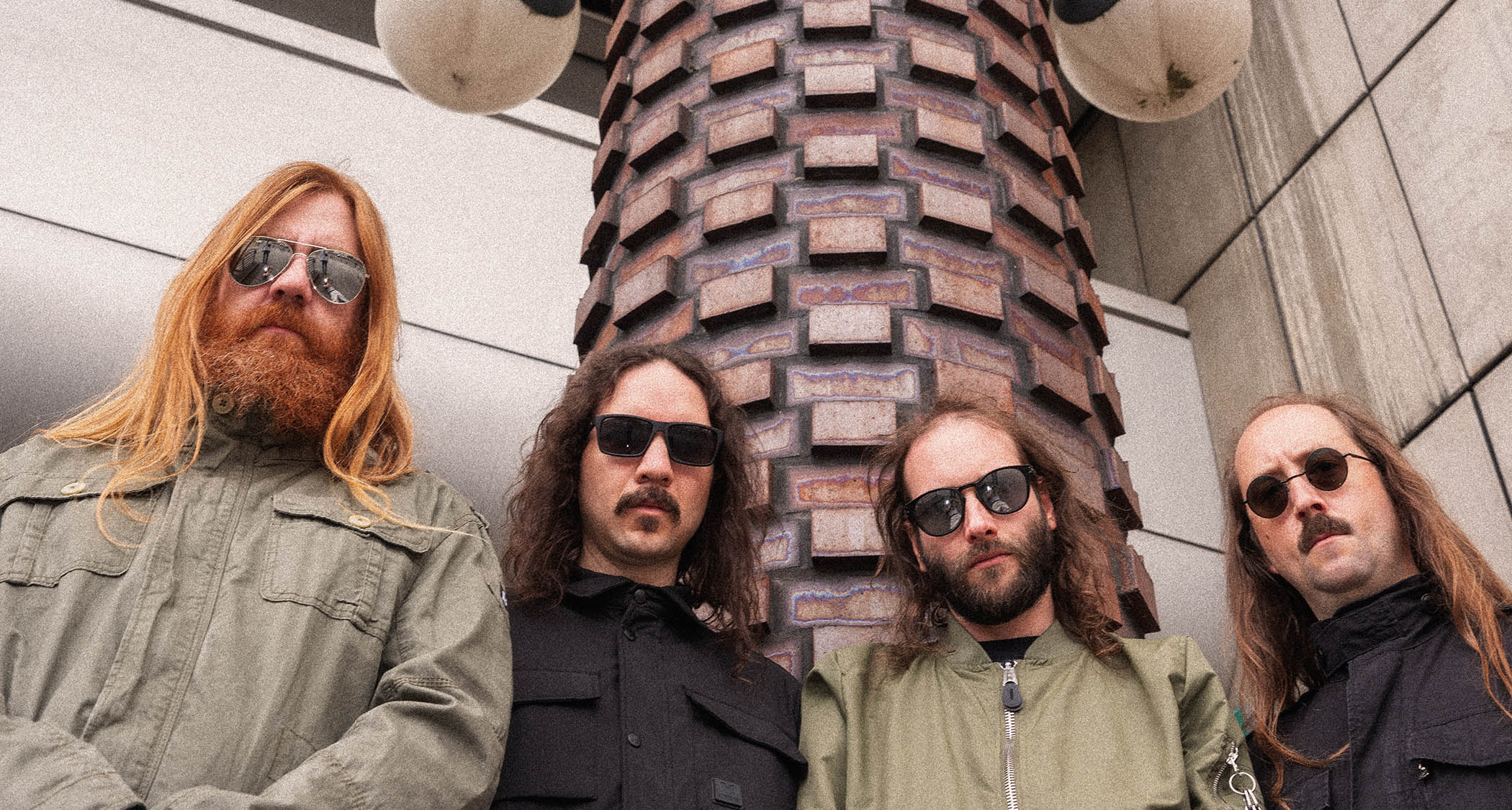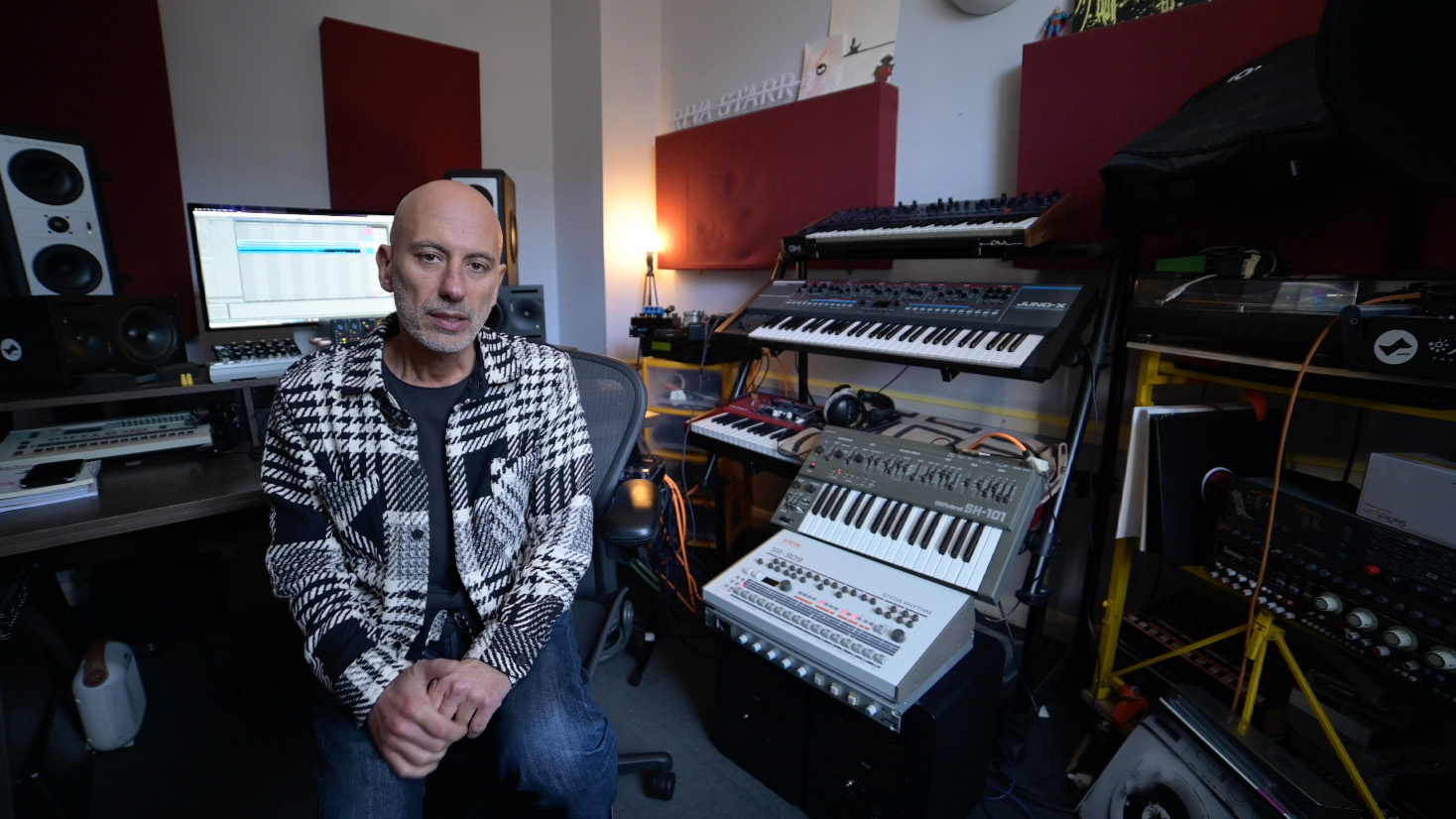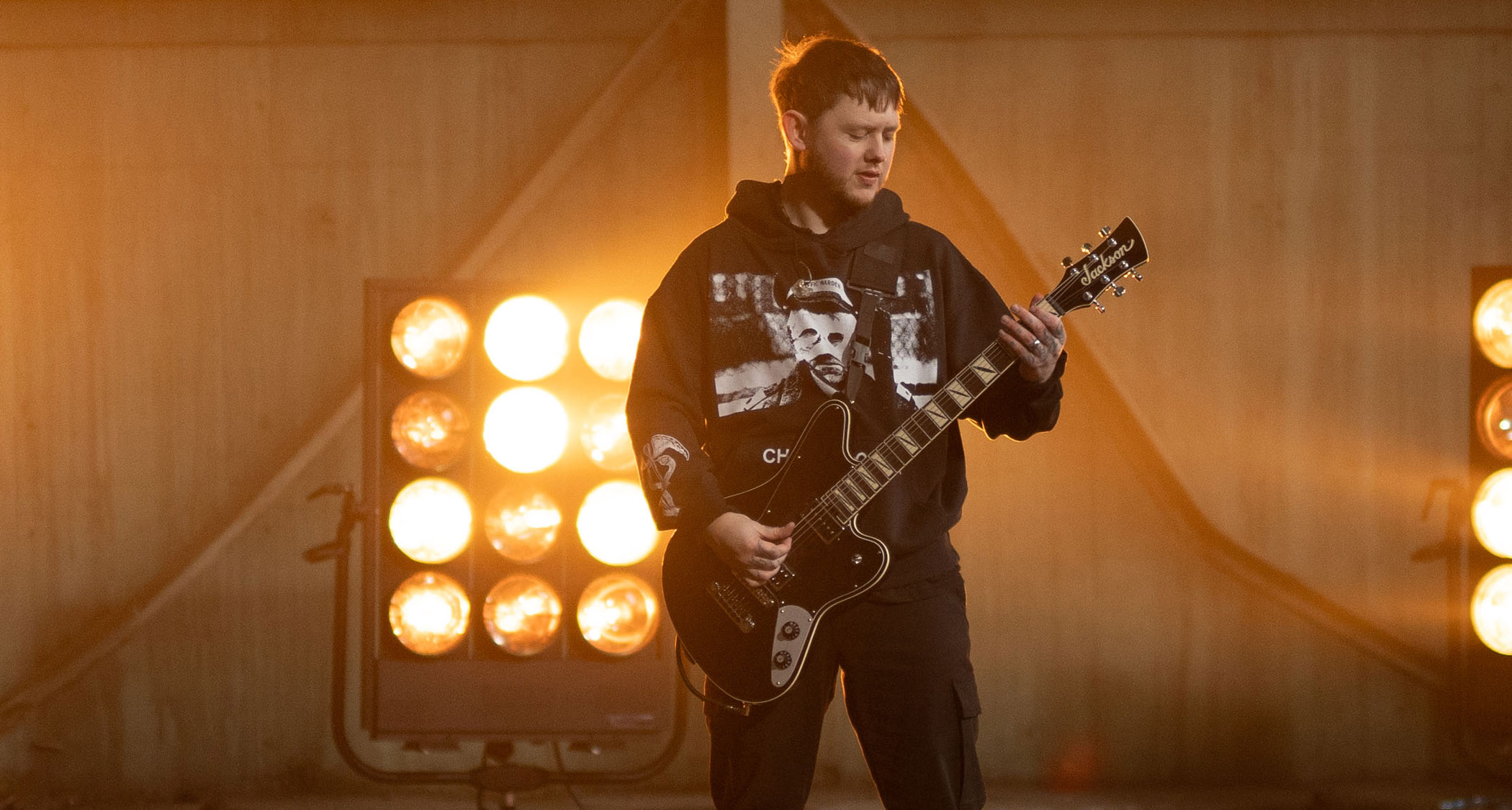“I could see and hear my brothers dying. It was the worst thing that could ever happen to anyone”: The horror of a rock band’s plane crash - by the guitarist who survived it
Six people died, including the band's singer
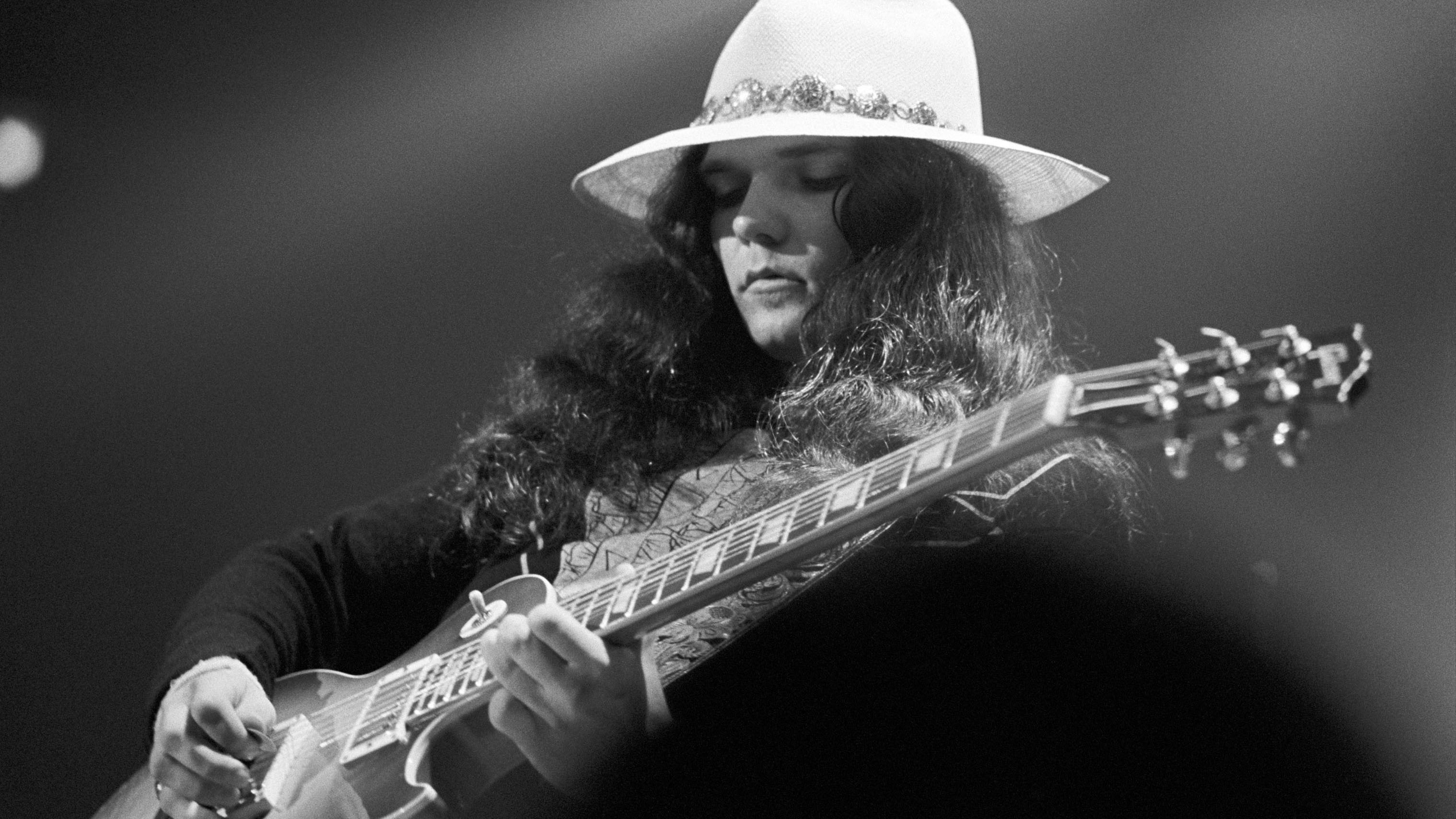
What happened to Lynyrd Skynyrd on 20 October 1977 was a tragedy almost beyond belief.
During a US tour, the band’s chartered plane crashed in Mississippi, killing six people: lead singer Ronnie Van Zant, guitarist Steve Gaines, backing vocalist Cassie Gaines [Steve’s older sister], tour manager Dean Kilpatrick and the two co-pilots, Walter McCreary and William John Gray.
Among the 20 survivors was Gary Rossington, guitarist and founding member of the band.
Ten years after that disaster, Gary put together a new version of Skynyrd with Ronnie Van Zant’s younger brother Johnny on vocals. Gary continued to serve the band until his death in 2023.
In a 2012 interview with Classic Rock, Gary described the events of that fateful day in 1977. “I don’t like to talk about it,” he said, “but I will.”
He also revealed how he was able to rebuild his life and his career in the aftermath of the tragedy.
In 1977, Skynyrd, definitive Southern rock band, had become one of the hottest acts in the world - their reputation in the UK sealed by a stunning performance at Knebworth opening for The Rolling Stones.
Get the MusicRadar Newsletter
Want all the hottest music and gear news, reviews, deals, features and more, direct to your inbox? Sign up here.
As Gary recalled: “We were just starting to make it big and everybody was real happy and we were doing good. We were on tour with our own plane and we thought everything was good.
“We were the best of friends, we all loved each other and lived with each other and stayed on the road together. It was a big family – a band of brothers. And then all of a sudden - boom, it happened.
“It was horrible. It was the worst thing that could ever happen to anyone. And especially at that age and at that time.”
On 20 October 1977, the band's plane, a Convair CV-240, was travelling from Greenville, South Carolina to Baton Rougue, Louisiana, when ran it fuel and went down in a wooded area near Gillsburg, Mississippi.
In the 2012 interview, Gary attempted to recount what going through his mind as the plane descended.
“You think about other people,” he said. “I think I was worried about my mother. I was thinking, I hope my mother don’t freak out. But really, I don’t remember exactly what I was thinking. I just remember being scared.
“And before it happened, the co-pilot came out [of the cockpit] and said, ‘Everybody buckle up, we’re gonna have to make a landing in a field.’ And we didn’t think we’d crash. He just said, ‘Hold on – it’ll be a rough landing. It’s gonna be serious – so buckle up for real and put your head between your legs.’ And everybody did that, but we were still not believing. It’s like, are you kidding me or what?”
He then described the aftermath of the crash.
“I woke up about half hour after the crash, in the swamp. I woke up and I was all broke up. I broke a lot of bones. Both arms, both legs, ribs. I remember screaming…
“I could see and hear my brothers dying. It was terrible. It was like something you see in a movie.
“And I lay there for about two or three hours before they came and found us. I had [keyboard player] Billy Powell next to me, he had a bad cut nose, but he was trying to help me, but there was no helping.
“I had to lay there all that time before the helicopters came, shining their lights because it was so dark. These guys picked me up and put me in the back of a pick-up truck, me and Billy. They drove us out of these woods and every time we hit a bump the pain went right through me. I was screaming, ‘Billy, make ’em stop!’”
Gary spoke about how he and Allen Collins, the third of Skynyrd’s guitarists, suffered from survivors’ guilt in the months and years that followed.
“In our hearts and our minds, we freaked out,” he said. “Me and Allen always wondered…
“We were so hurt. We had what’s called survivor’s guilt, I guess. Ronnie was right by me [on the plane] and he died. Allen was across from me and Cassie and Steve were right by him, and they both died. We always wondered why.
“I questioned it for years: why did this happen? Why did I live and the other guys didn’t? You have to go through all of that and get through it all, you know? It’s crazy.
“It was a terrible tragedy. But now that all these years have passed, I think everything’s got a reason, and there’s a reason why it happened. I think fate has a lot to do with things and that was just what was supposed to be.”
Gary also revealed how he found the will to carry on in the wake of this disaster.
“I didn’t think I could play again,” he said, “and I didn’t want to in the first place. It was a couple of months afterwards when our manager Peter Rudge, who also managed The Rolling Stones and The Who, took me to Barbados with him for a little holiday.
“I met Eric Idle from Monty Python, and some of the Stones were there, and we went to a party one night. I’d quit playing. I told them guys, ‘I’m not playing no more.’
“Alan Price from The Animals, he’s a great keyboard player, he went to the party with us and he said, ‘Come up and jam with me.’ He was playing some blues with this little band at the party. I said, ‘Man, I don’t wanna play. I quit.’ And he said, ‘Your mates would want you to play. Do it for them.’
“So I thought: I’d do anything for them. And so I did. I said, ‘Gimme that guitar!’ We played a blues song and I loved it. The party people were having a good time and Alan Price was playing his ass off, and it was fun. I went: ‘Wow.’
“I couldn’t play very good,” he admitted. “I was still hurt and broke up. I was still on a crutch and I couldn’t walk well and I was still healing.
“It was just a little goofy party. There was probably a hundred people there, and they were so drunk and partying, they didn’t care. But my first wife was there and she was crying, because I’d told her I’d never play again. That’s all I’d talked about – never playing again.
“My mind was blown. And it took about a year for my mind not to be blown no more. But that’s when I started back.
“I never thought I would, though. If someone dies, you think, ‘How will I ever get over this?’ But one day you do, although you don’t get over it – you just learn to live with it.”
He said in conclusion: “You don’t ever really get over it. You still remember – it’s like yesterday. But you learn to live with it or you can’t go on.”
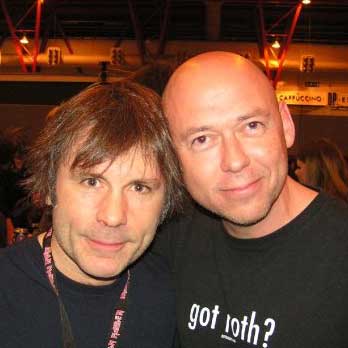
Paul Elliott has worked for leading music titles since 1985, including Sounds, Kerrang!, MOJO and Q. He is the author of several books including the first biography of Guns N’ Roses and the autobiography of bodyguard-to-the-stars Danny Francis. He has written liner notes for classic album reissues by artists such as Def Leppard, Thin Lizzy and Kiss. He lives in Bath - of which David Coverdale recently said: “How very Roman of you!”
“It’s radical. It’s like magic. I get chills”: How Rick Rubin’s philosophy of chance led System of a Down to the first metal masterpiece of the 21st century
“I just treated it like I treat my 4-track… It sounds exactly like what I was used to getting with tape”: How Yves Jarvis recorded his whole album in Audacity, the free and open-source audio editor
